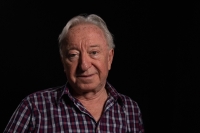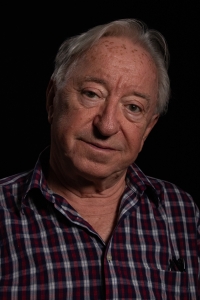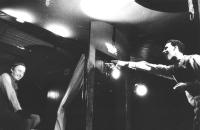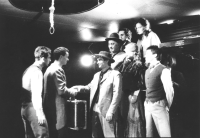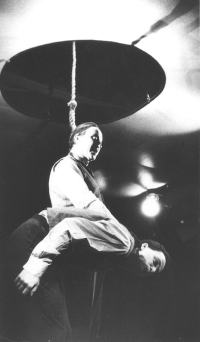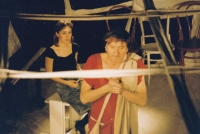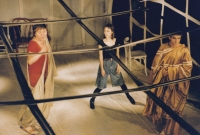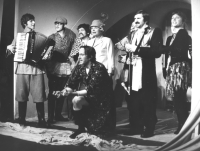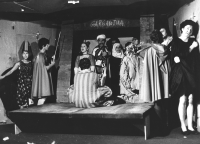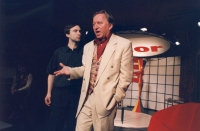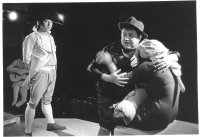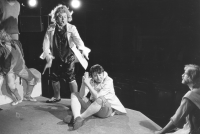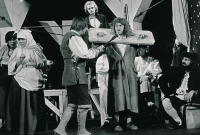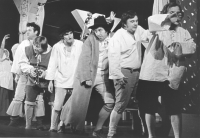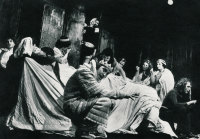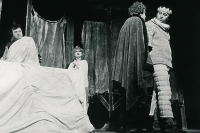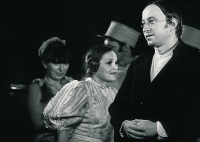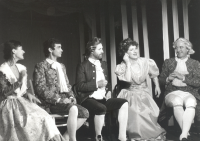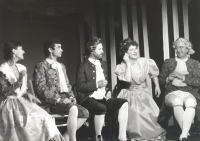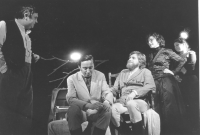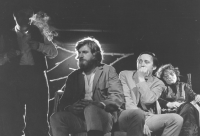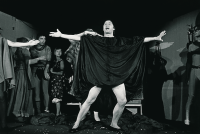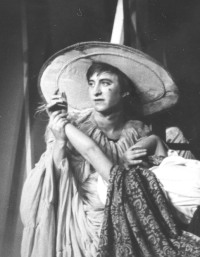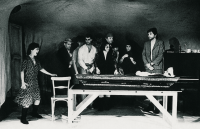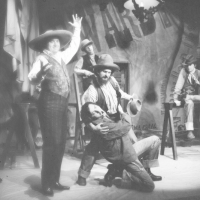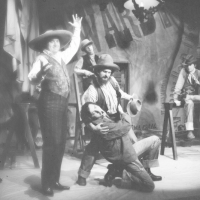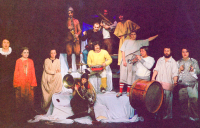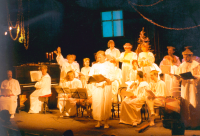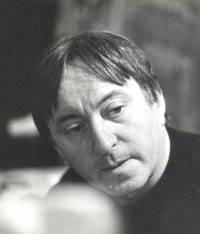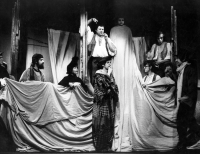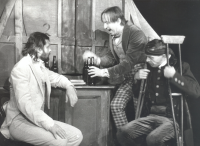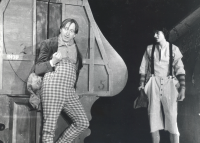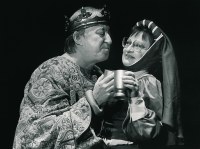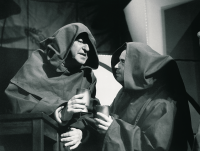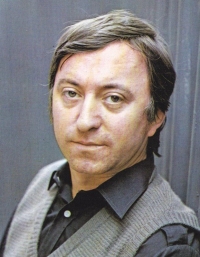I felt free in the theatre even during times of oppression

Stáhnout obrázek
Actor Jiří Lábus was born on January 26, 1950 into a Prague-based family, his father was the renowned architect Ladislav Lábus and his younger brother Ladislav also became an architect. Ever since a young age, Jiří enjoyed entertaining, making people laugh and shocking those around him. He went to theaters and cinemas, listened attentively to radio plays. After not being accepted to study at a secondary art school, he enrolled in a grammar school and cultivated his passion for theater. After graduating in 1968, he joined DAMU (the Theatre Faculty of the Academy of Performing Arts in Prague), where in the autumn of his first year he experienced student strikes and attended the funeral of Jan Palach. After graduating in 1972, he was accepted to work at Studio Ypsilon in Liberec, which was then led by actor and director Jan Schmidt. Even during the normalization era, the small theater managed to bring to life its creative visions relatively freely. Their creative freedom was limited only rarely through censorship. In the theater, Jiří Lábus met Václav Havel and other dissidents, and would later occasionally meet up with them. In 1977, almost the entire ensemble signed the Anticharter out of fear that the theater would otherwise be closed down. A year later, Studio Ypsilon moved to Prague, to a building in Spálená street. Jiří Lábus acted in dozens of films and television productions. In the late 1970s, he also appeared in an episode called “Mimicry” from the series The Thirty Cases of Major Zeman, defaming the band The Plastic People of the Universe. At the end of the 1970s and early 1980s, Jiří Lábus met Oldřich Kaiser and they soon formed a well-known creative and comedic duo that appeared on the television show Kabaret U dobré pohody (The Cabaret At Good Ease). Later they founded their own TV show Možná přijde i kouzelník (Maybe Even A Magician Will Come). In 1989, Jiří Lábus participated in the Palach Week demonstrations, signed the petition organised by cultural workers for the release of Václav Havel and the manifesto A Few Sentences. At the time, the show Maybe Even A Magician Will Come was banned from TV broadcast, it was only brought back in December of 1989. After the fall of the communist regime, Jiří Lábus continued to perform at Studio Ypsilon, and took on many other film and television roles.
